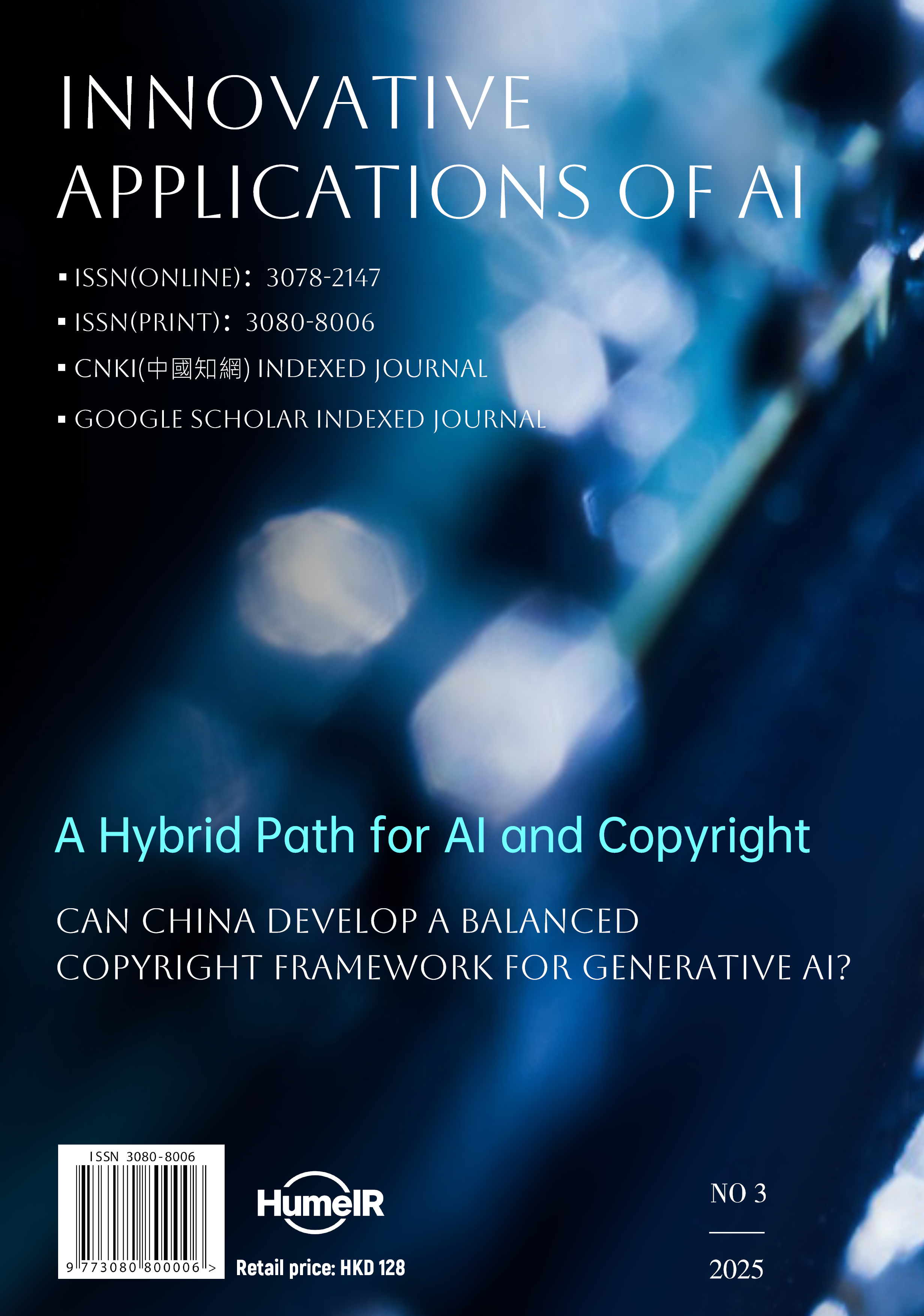Beyond Fair Use and Opt-Out: Forging a Hybrid Copyright Path for Generative AI in China
DOI:
https://doi.org/10.70695/10.70695/IAAI202503A9Keywords:
Generative AI; Text and Data Mining; Copyright Law; Fair Use; Transformative UseAbstract
This paper addresses the global copyright infringement challenges posed by Text and Data Mining (TDM) during the training of Generative AI models. It seeks to develop a legal framework for China that conforms to international legal standards while supporting the growth of its domestic AI industry. Using a normative comparative legal methodology, the study examines the legal approaches of the United States, the European Union, and China—representing common law, civil law, and mixed legal traditions, respectively. Through analysis of legal texts, key cases, and scholarly discourse, the paper identifies strengths and weaknesses in each system’s treatment of TDM. Findings indicate that U.S.-style “Fair Use” offers flexibility but creates legal uncertainty; the EU’s DSM Directive provides clarity but may hinder innovation via its opt-out mechanism; and China’s closed-list copyright exceptions are ill-suited to TDM, resulting in a legal vacuum. The study’s original contribution is a “Hybrid Model” that integrates rule-based certainty with factor-based flexibility, proposing a TDM exception under Chinese copyright law conditioned on lawful access and incorporating “Transformative Use” as a key judicial criterion. This approach offers a legislative pathway for China and a globally relevant third way for balancing technological innovation with author rights.
